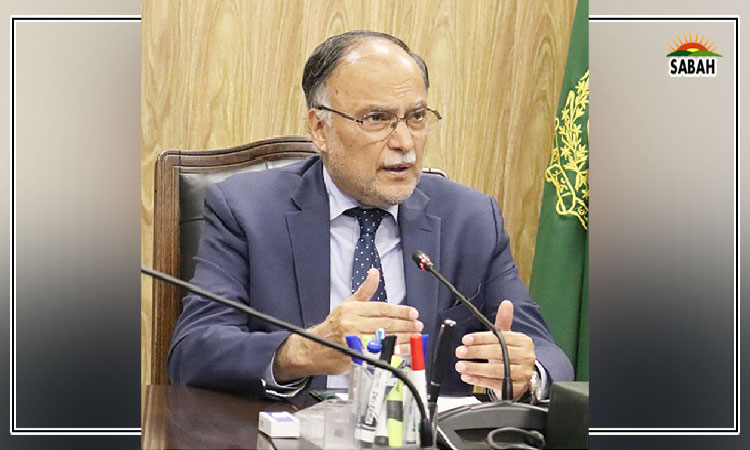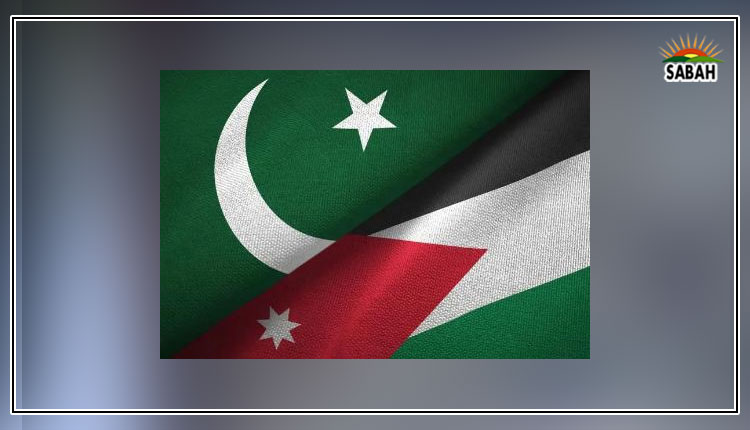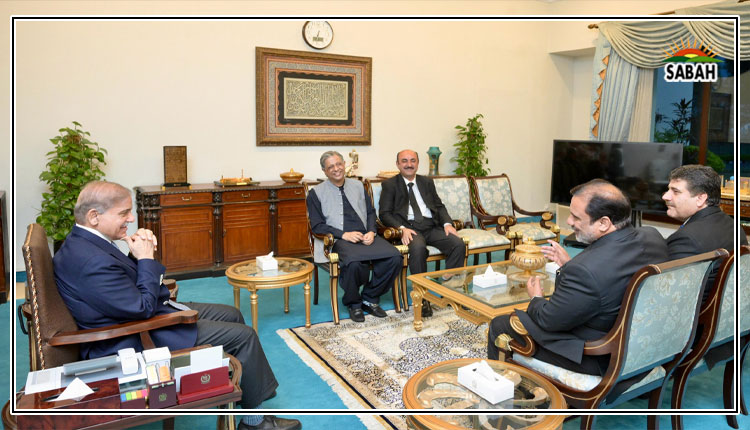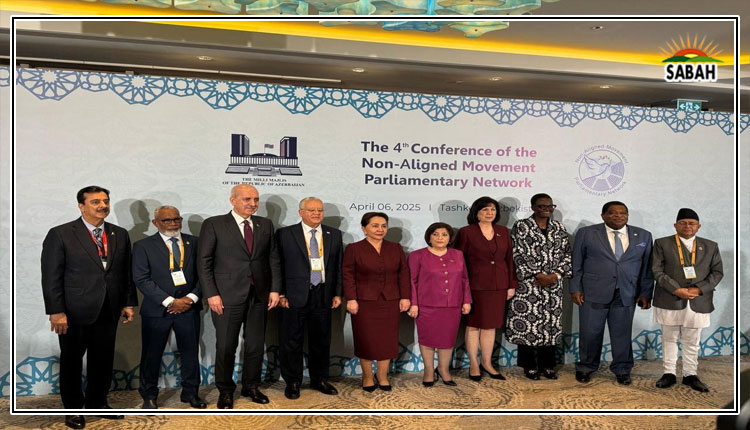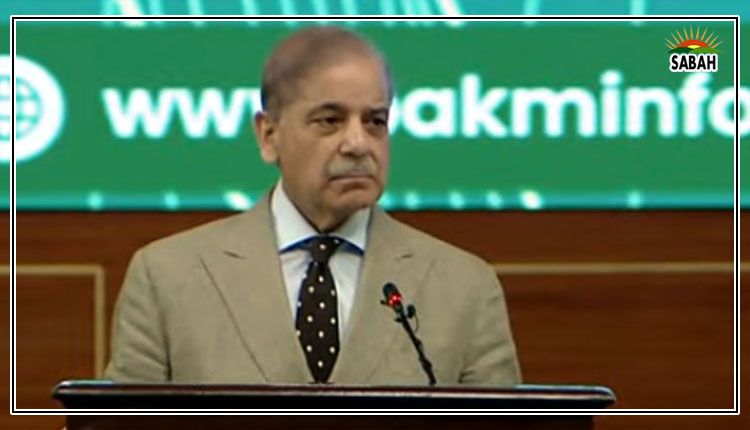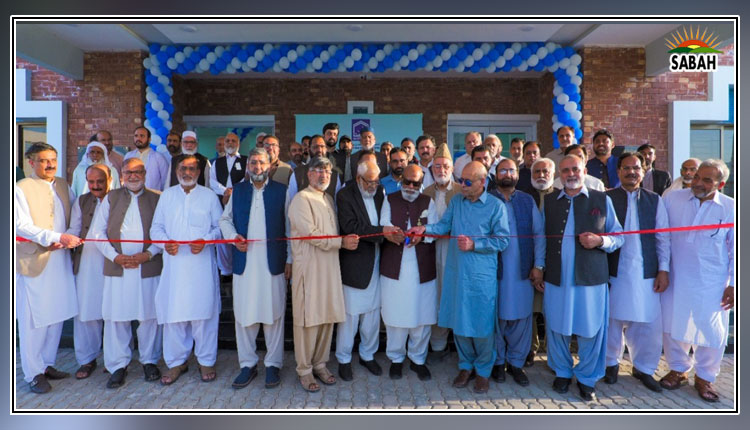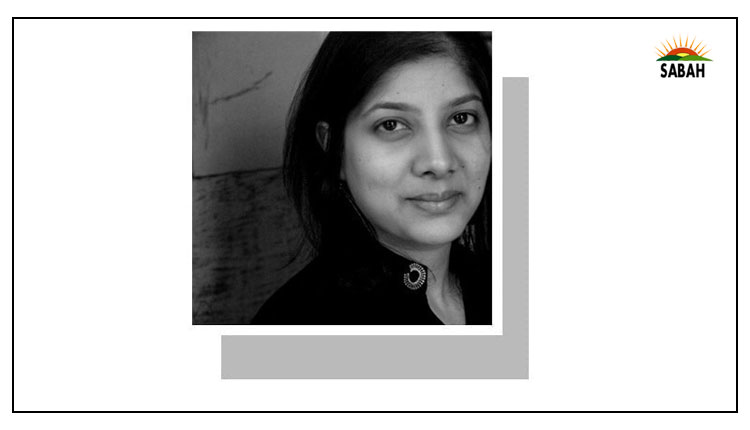Anti-colonial ally? …. Huma Yusuf
MANY will recognise the name of the great Russian poet, Alexander Pushkin. Fewer people will know that he is partially of African origin, and that his heritage is routinely touted by Moscow as proof that it is not a European-style imperial power. We may not know this detail, but it is widely appreciated across the Global South, particularly in Africa, where Russia is increasingly valued as an ally helping to balance the excesses of the Global North.
The sense in the Global South that Russia is an anti-colonial ally (despite its imperial past, and its colonising aims in Ukraine) is apparent in the recent documentary Inside Wagner: The Rise of Russia’s Notorious Mercenaries. The film shows how the narrative that Russia is anti-West, and so pro-Global South is becoming entrenched, driven further by Russian propaganda, including the production of slick action films glorifying Wagner and the co-option of African social media influencers. Russian mercenaries’ violent tactics and human rights abuses are reframed as sacrifices in the name of stability, particularly in places like Central African Republic, and swept aside in favour of finally standing up to European (and by extension Western) colonial powers.
Why is this relevant to Pakistan? In some ways, we are an outlier. Russia features less in our public discourse, particularly after former prime minister Imran Khan’s awkwardly timed visit to Moscow on the eve of the Russian invasion of Ukraine. Khan’s populism was plugged into these emergent global narratives, and he briefly flirted with pro-Putin positioning as an extension of his anti-US stance. However, that flirtation was quickly replaced by military pragmatism and pro-Ukrainian messaging, particularly in the run-up to the IMF deal.
Islamabad of late has tried to better balance its ties with Moscow, with celebrations of 75 years of diplomatic engagement last October, and promises to boost trade ties and security cooperation.
Russia’s anti-US stance will leave it in murky waters.
But the potential for a serious bilateral relationship is complicated, particularly with the Middle East developments. Pakistan has never been a foreign policy priority for Russia, with most engagement from Moscow being perfunctory. Russia’s growing proximity with Iran is another twist: Tehran is allegedly supplying Moscow drones for the Ukraine conflict; Moscow has responded with a pivot towards Palestine in the context of the Israel-Palestine war. This pivot is largely driven by domestic political considerations. As Fiona Hill points out in an interview with Brookings, Moscow is worried that Gaza’s fate will stir memories of violent Russian interventions in Chechnya, and pro-Palestinian positioning is considered a way to appease Russia’s Muslim population. Still, this also facilitates Moscow’s affinity with Tehran.
While Russia’s pro-Palestine positioning will win it more fans across the Global South, its pro-Tehran, anti-US stance will leave it in murky political waters given the post-conflict scenario shaping up in the Middle East. Given plans for a two-state solution to be tabled in exchange for Saudi recognition of Israel — and all the security guarantees that would entail — the current Muslim unity over Palestine’s plight could fragment along the lines of US/ Saudi vs Russia/ Iran.
Where will Pakistan find itself? While Islamabad’s diplomatic balancing act will continue, pro-Russian sentiment is unlikely to become a major feature of public discourse. Indeed, in Moscow’s calculations, ours is a geopolitical space already dominated by Russia-friendly Beijing, and so not worth the effort to shape through overtures and propaganda. But that does not mean that Pakistan is completely disengaged from broader Global South narratives.
Pro-Russian narratives in the Global South are in fact anti-colonial and pro-justice. And anti-colonial sentiment will express itself in various ways in an increasingly stressed and resource-scarce world — as demands for climate justice, labour rights, inclusive technology, equitable service delivery and more. Indeed, as authoritarianism creeps, civil resistance will soar. And as I wrote recently, Pakistan is not immune to these trends.
Even during a carefully engineered election cycle, our powers that be have been distracted by civil movements, which they have sought to address through both soft and hard approaches. Wheat subsidies are being deployed to calm tensions in Gilgit-Baltistan, while a security crackdown is intensified in Balochistan. The game of whack-a-mole to manage protest (whether in the form of social and political movements or violent uprisings) will continue in the post-poll settlement as well, and may intensify in response to the political orchestration of this week. As such, Pakistan is firmly in step with the Global South.
The writer is a political and integrity risk analyst.
X: @humayusuf
Courtesy Dawn, February 5th, 2024


